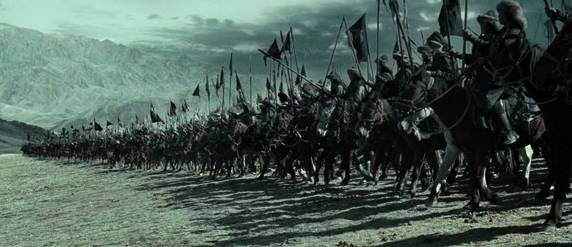Did Genghis Khan treat his enemies well after he conquered them? Genghis Khan’s approach to conquered enemies varied depending on several factors, including their level of resistance, their usefulness to his empire, and their social status. While he could be brutal and ruthless towards those who opposed him, he also displayed strategic wisdom and pragmatism in dealing with conquered peoples.
Tolerance for skilled individuals:
Genghis Khan and his successors often showed tolerance towards skilled individuals, regardless of their origin. Engineers, artisans, administrators, and scholars were often recruited into the Mongol administration, contributing to the empire’s diversity and effectiveness.
Terror tactics:
Genghis Khan was known for employing terror tactics to intimidate and subdue his enemies. This included massacres, destruction of cities, and other brutal methods designed to instill fear and deter resistance.
Religious tolerance:
Despite his reputation for brutality, Genghis Khan was relatively tolerant of different religions. He allowed freedom of worship for his subjects and even sought counsel from religious leaders of various faiths. This policy helped to maintain stability and prevent religious unrest within the empire.
Mercy for surrendering enemies:
In some cases, Genghis Khan showed mercy to those who surrendered without resistance. Surrendering cities or rulers were sometimes spared destruction, and their populations were allowed to continue their lives under Mongol rule, albeit with certain conditions and obligations.
Integration of conquered peoples:
Genghis Khan implemented policies aimed at integrating conquered peoples into the Mongol Empire. This often involved granting autonomy to local leaders who pledged loyalty to the Khan and allowing conquered peoples to retain their customs and traditions as long as they didn’t pose a threat to Mongol rule.
Overall, Genghis Khan’s treatment of his enemies was complex and multifaceted, combining elements of brutality, pragmatism, and tolerance depending on the circumstances. While he could be ruthless in dealing with resistance, he also demonstrated a pragmatic understanding of the benefits of incorporating skilled individuals and diverse cultures into his empire.


